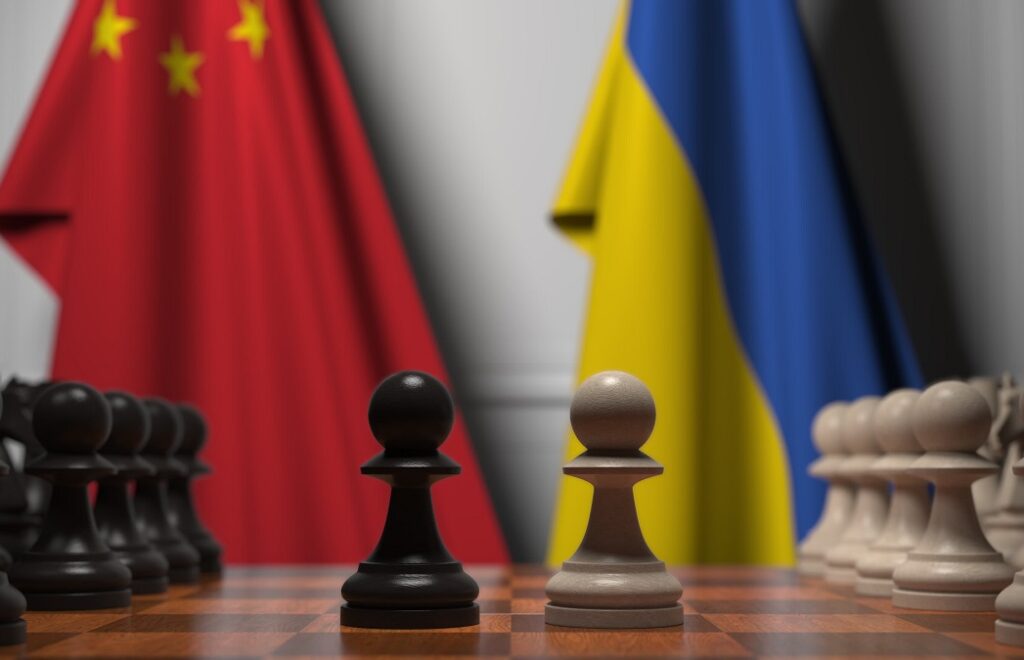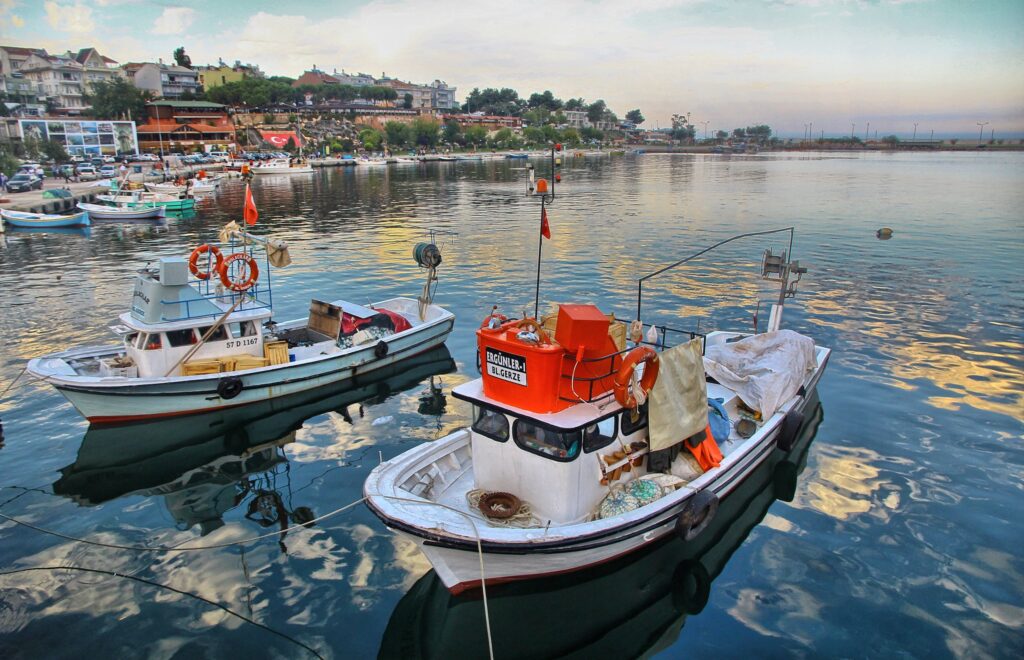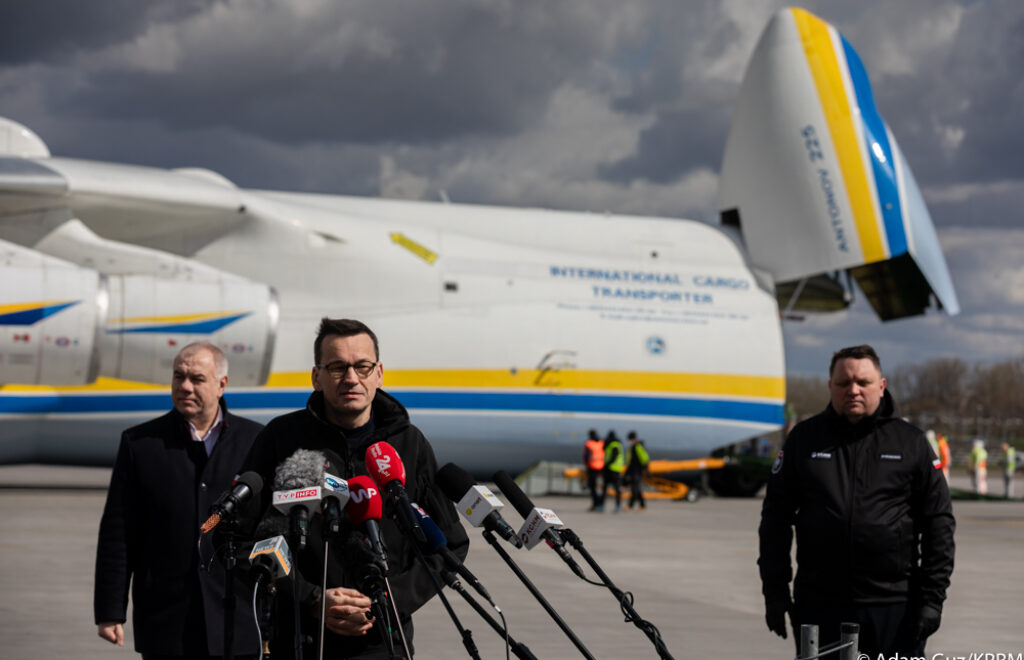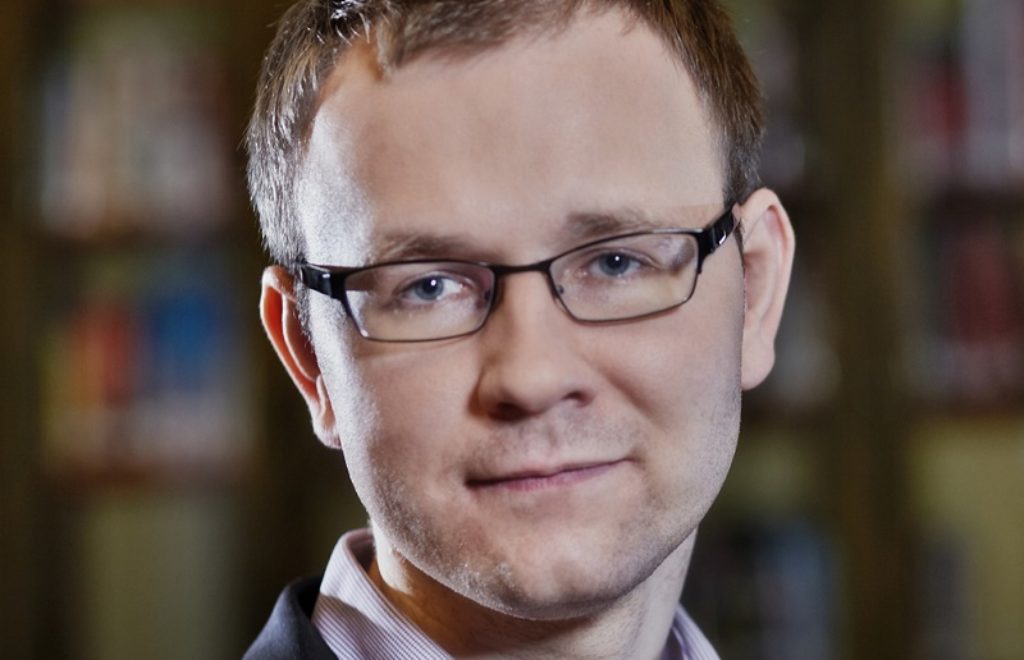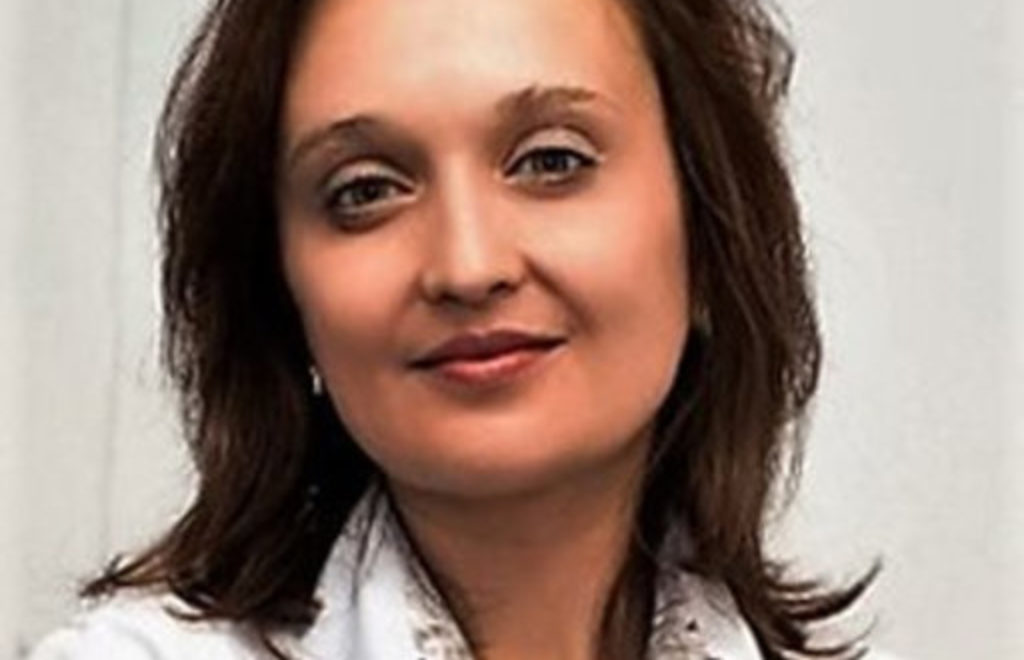Joe Biden needs Eastern Europe as a success story
“America is back” – that is how Joe Biden began his speech regarding his foreign policy priorities. What does that mean for the world and Europe in particular? Since the Second World War, no US president has brought so much foreign policy expertise to the White House. Biden probably has the most significant international experience among current world leaders, and especially amongst American politicians.
April 11, 2021 - Vladyslav Faraponov




